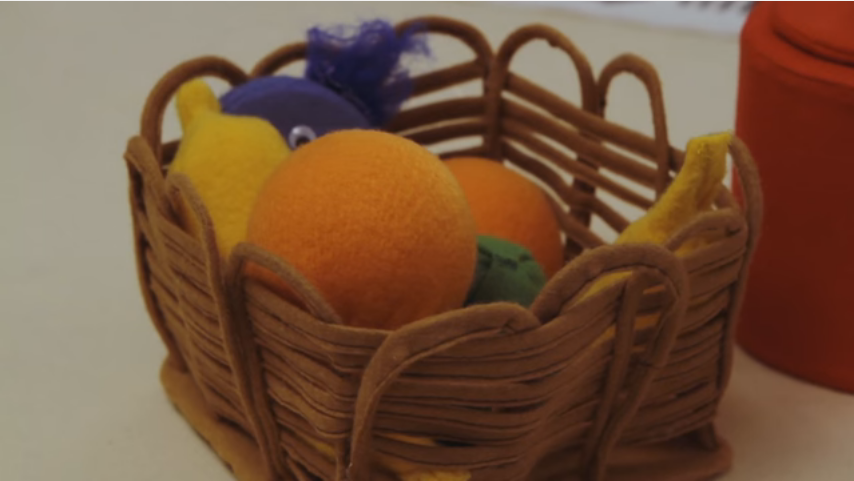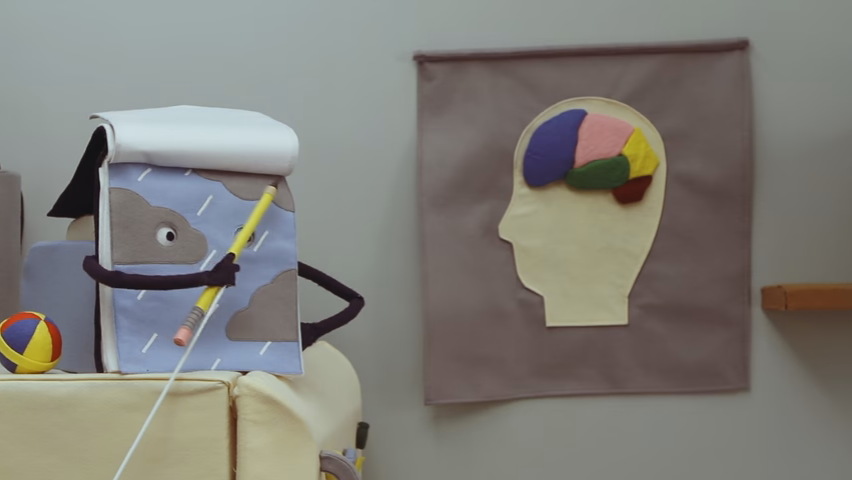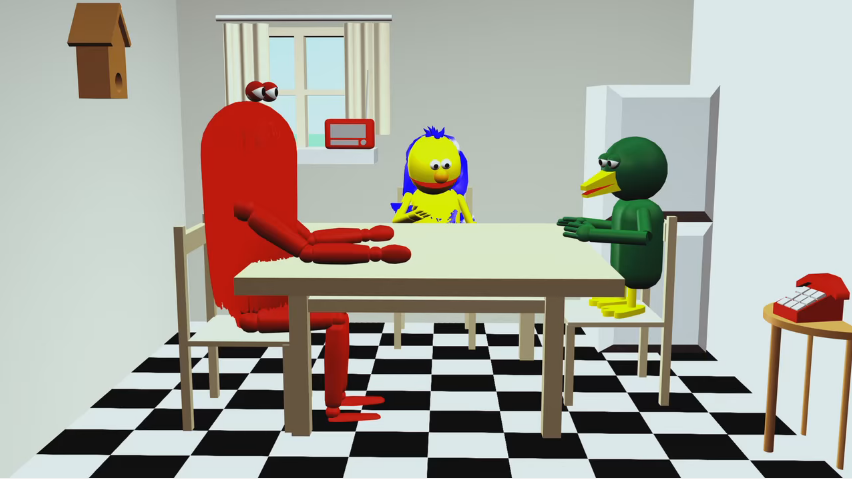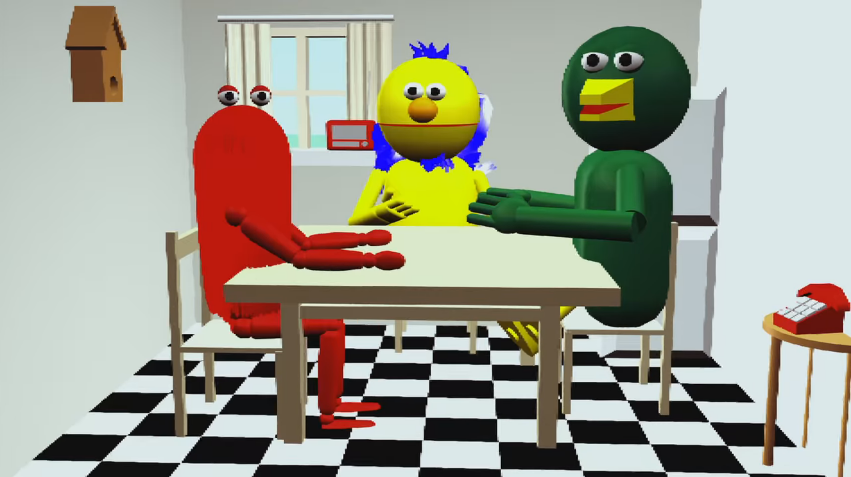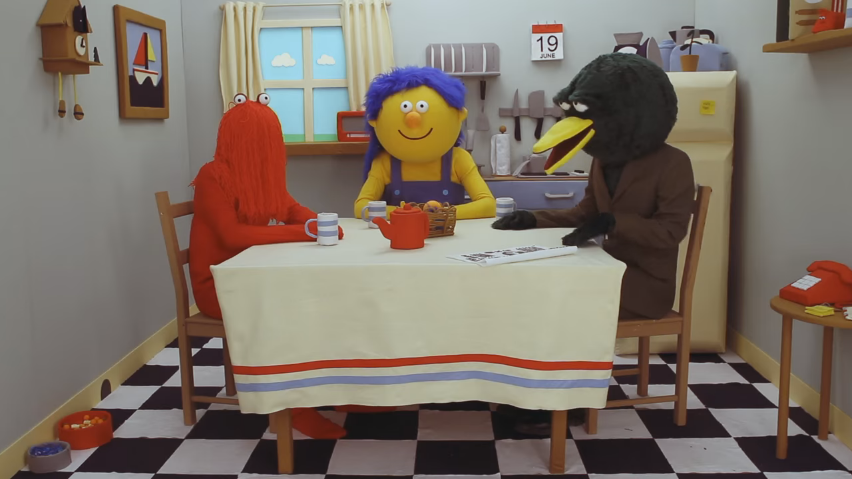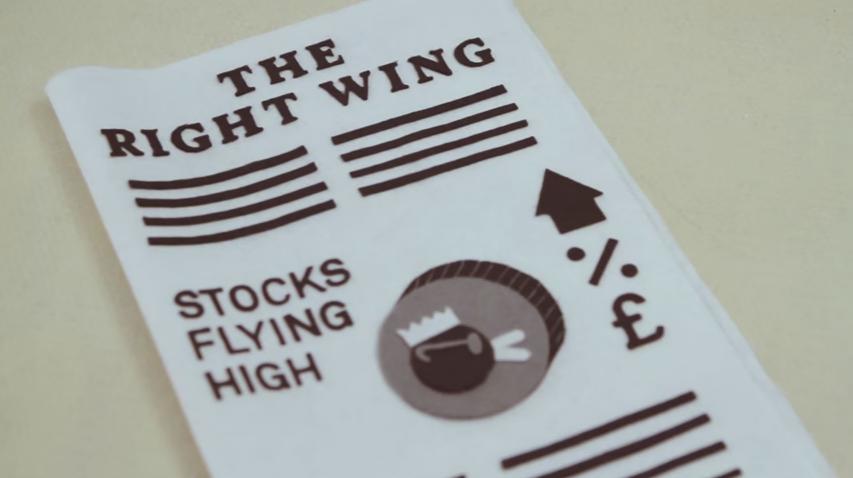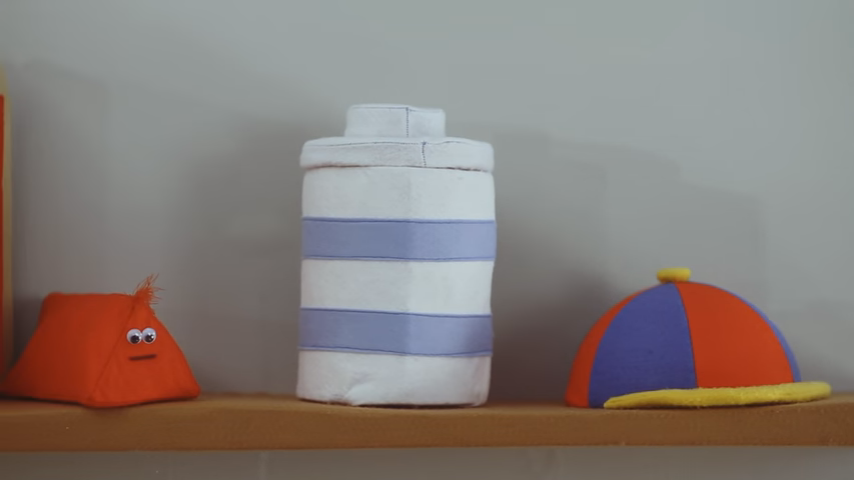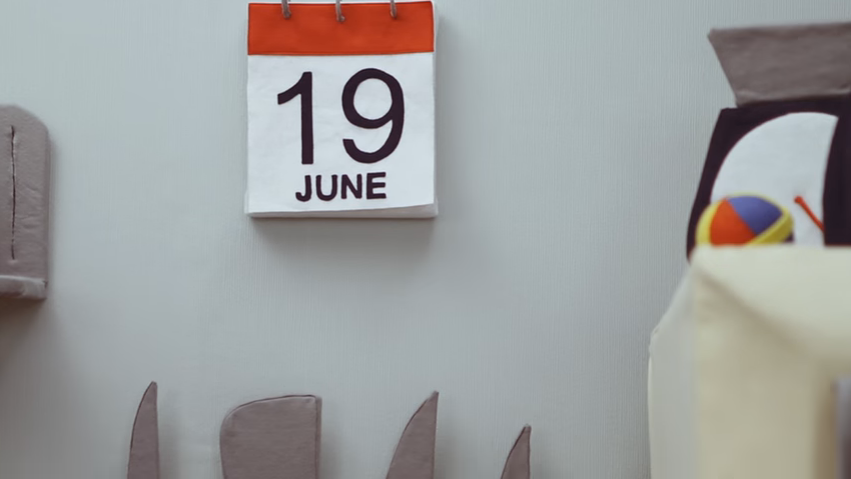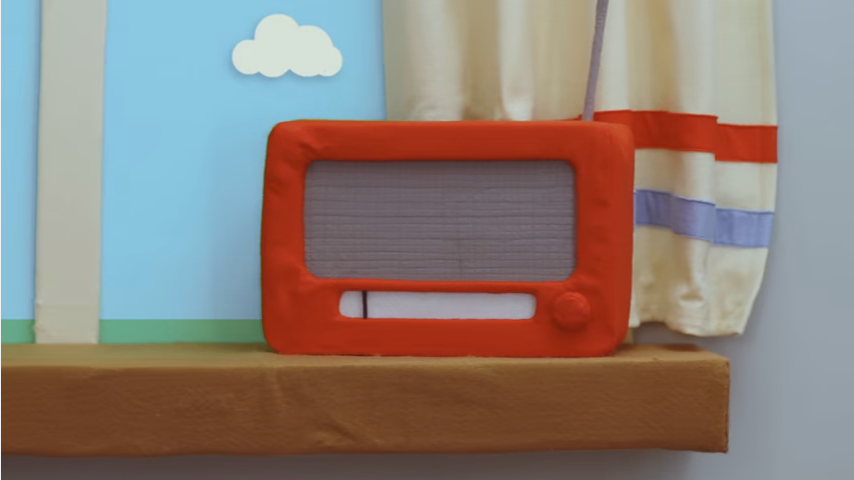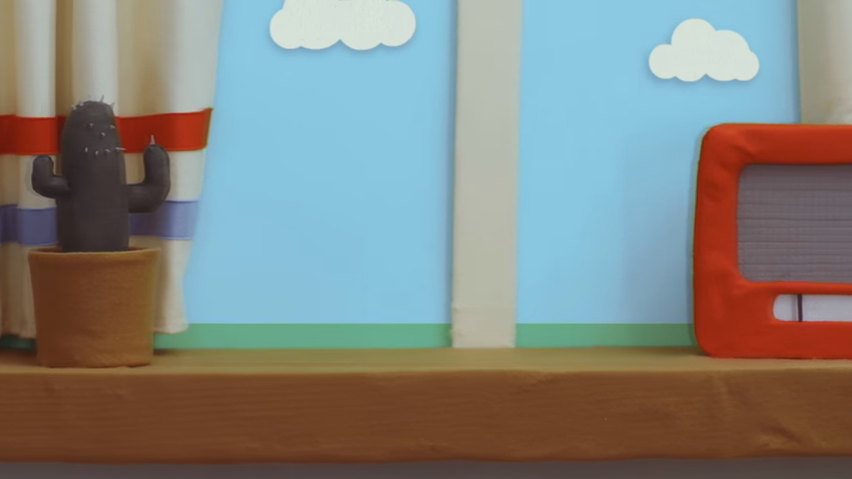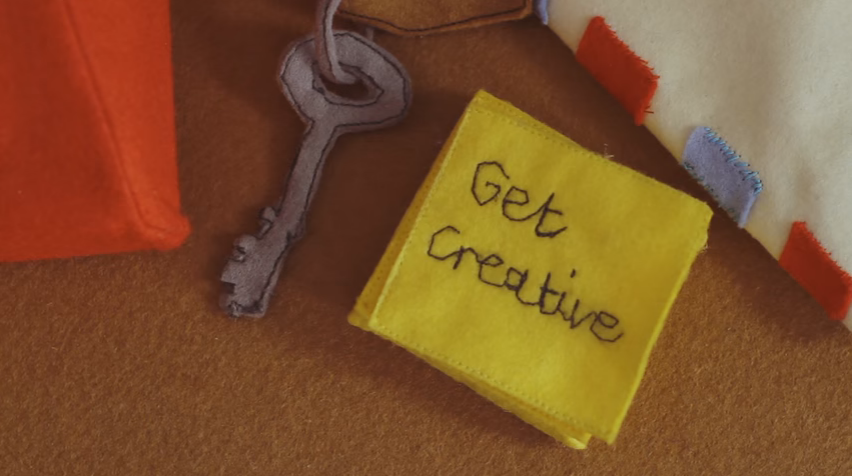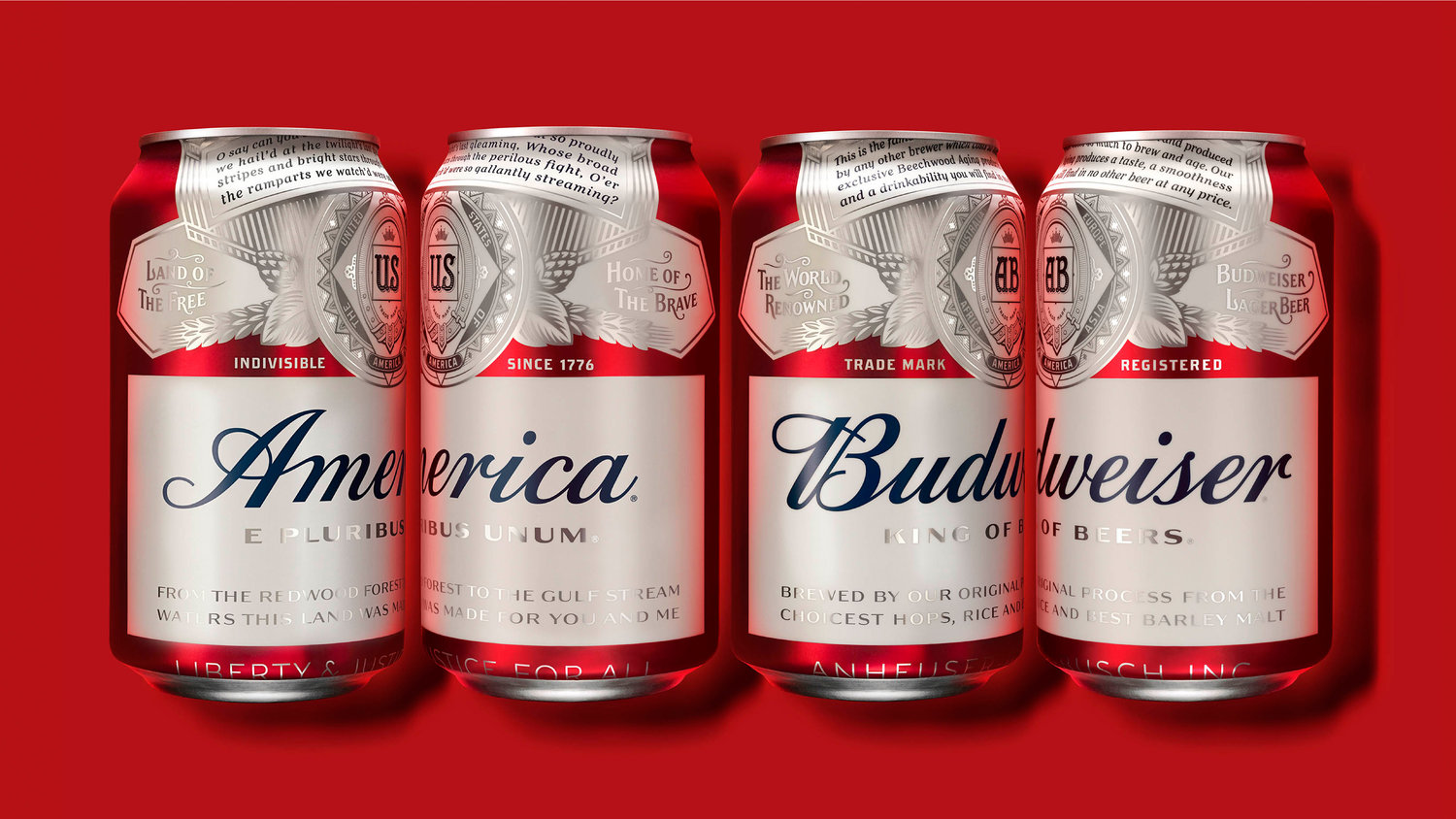A friend, asking for a friend, recently wondered what you should do when you crave other peoples’ approval, but you find that it always feels hollow whenever you actually receive it.
Most people who responded suggested therapy.
Ahhh, these fancy, lucky people with their “ability to afford therapy” and their “ability to believe they’re worth helping!”
I have generally lacked these luxuries – but, on reflection, I’ve asked – I mean, my OWN totally unrelated friend; you don’t know her; she doesn’t go here – has asked similar questions, and more or less somewhat managed to improve things in that regard in some ways. A bit.
So, why not answer them, or at least emit a long series of words in which there might be one or two useful nubbins of help.
Let’s say therapy’s not an option. Or let’s say you want it to be an option, but you don’t even know if you deserve it. Since we may not be so fancy or lucky, let’s bring it back down into the hole where we actually are. Maybe we can still figure out what’s going on.
For me – I mean, my friend – I mean, theoretically… seeking approval isn’t exactly about being bolstered by the praise you get for doing things well; it’s about seeking safety: reassurance that people will stand by you when you don’t do well.
Maybe you grew up getting yelled at a lot for even minor mistakes, because they reflect poorly on your skills or your work ethic or your parents themselves. Maybe you only got praise when you earned it: your grade was good enough, your score was high enough, your efforts were fruitful enough. Your intentions never mattered, only your outcomes. Love and support weren’t unconditional – they were transactional.
So maybe you feel like you have to earn others’ praise, approval, or sheer acceptance of your existence. You cannot simply exist as a person, do person-things, have experiences and relationships and learn and grow and change: you need to justify your existence. Every day.
And you know that nothing you ever do could ever actually be enough to do that.
Besides, within your own head, you know the heights of your ambitions. (Okay, depending on where you’re at, exactly, “ambitions” might sound like absolute hubris. Let’s tone it down to “your desire for things to be other than they currently are, in a way that might potentially be more beneficial to others and maybe even yourself, based on your admittedly-limited information in the present circumstances.” Mental states like this can feel like an endless series of parentheses and asterisks and footnotes and qualifications. After all, we’re not allowed to be wrong or make mistakes – that’s the whole point.)
Anyway. You had some kind of ambition or aspiration or ideal, and you see the gulf between those outcomes and that ideal. You see the mistakes others don’t notice. You know the choices you made, and you second-guess them. You are uniquely positioned to compare what it is to what it could and probably should have been. Even if what you’ve done is technically proficient, technically flawless somehow, you may feel it could and should have been more.
This is kinda like a corruption of the Fundamental Attribution Error, only instead of granting yourself the benefit of the doubt and attributing your flaws to situational factors while you blame others’ flaws on their character and their being A Bad Person, you might see yourself as having a fundamentally flawed personality / character AND as making poor choices or executing your choices poorly. It’s not just that you think you’re A Bad Person by nature, but that you’re also choosing to do things worse than you could if you just tried hard enough, managed your time better, or set more noble priorities to help overcome that nature.
This is where the strife comes in: How can you ethically accept approval or praise when you know that what you did could’ve been better if you’d made different choices, tried harder, or… just been somebody else?
To resolve this, you might really go into overkill on some things – toil away at the smallest minutiae, trying to get it Just Right, because if you can at least do SOME small thing well, just one thing… maybe that’d be proof that you’re useful, that you’re worthwhile, that you’re okay.
Or you might flub that, too, and realize that you can’t do even those small things the way you know you should. And you might just kinda give up and try LESS – because if you can’t even be good enough at trivialities, how can you be okay at anything that matters? If people don’t expect too much, maybe they won’t get mad.
Even when you succeed, when you do well, and you feel good about it, and others do praise you for it, and it feels okay at the moment… it curdles after a little while. Because you know you’re always supposed to improve. Today’s great success proves you can do it, and now it’s tomorrow’s bare minimum. Do it well once, and you can never do it even a little wrong ever again. You’ve proven your capabilities, and now you need to uphold that, or better, every day, forever, or the approval might go away.
If you could just figure out how to do things well enough, maybe you could be okay. Okay enough for others to acknowledge you, support you, maybe even love you.
Or just okay enough that they won’t shame or punish or hurt you.
And that’s the crux of it.
Again, seeking approval isn’t really about seeking approval – not for your successes, not despite your failures, and not even regarding a general acceptance of your existence.
It’s about seeking safety. An enduring stability. It’s about trying to prevent and avoid harm.
This might also make you feel bad. You KNOW, intellectually, that the people who love you are not trying to harm you. They are not trying to trick you. They praise you and approve of you because they like YOU – for who you are as a person AND for what you do in the world: your character and your works. They see more than you know, and their compassion is deep, and they are not lying. They’re not going to point to a hidden camera and reveal this has all been a big livestreamed Truman-Show-style prank to see if they could make you believe you were worth love. They mean it. Your family, your friends, even acquaintances you’ve influenced in some way – they love you. They love YOU. They mean it.
But even if you accept that they mean it, even if you don’t talk yourself out of it and say that they shouldn’t… something that gnaws at the hindbrain reminds you: they love you TODAY. They love you because you’ve been good enough so far. You cannot be perfect forever, and they cannot be forever forgiving, so you know the time must be coming. The next mistake could be the last one. The straw that breaks the camel’s back.
So who is it you’re afraid of there? Is it actually them? Or is it yourself? Is it your own capacity for failure, disappointment, and inadvertent cruelty? Are you afraid that you might do something so terrible, or so minor but so the-last-straw, that you MAKE them give up on you? Afraid that you’ll hurt them the way you were hurt? Afraid that you’re ruining them, at least a little bit, just by being who you are? Afraid that you’ve somehow tricked them into loving you?
Sometimes we – I mean, my friend – I mean, theoretically… are seeking safety for others as well as ourselves. We’re afraid of hurting them, ruining them. When we fear they’ll rescind their love and support if we make that one last mistake, or if they finally realize all the bad we’ve been all along… we’re not really afraid of them. We’re afraid of us. That we made them HAVE to be terrible to us. We can endure a lack of love; we can even endure others’ hate. We’ve been there. We have that gnawing knowing that we should still be there. But to poison others’ patience, corrupt their kindness, exhaust them of all their forgiveness? How could THAT be endured?
But that is not how it works.
That is not how it works.
If other people care about us, that is not us tricking them. If other people are cruel to us, that is not us forcing them to be terrible. We are responsible for ourselves. That doesn’t mean we’re infallible, or that we don’t accept the consequences of our actions. It just means that we are ourselves. We have our own knowledge and experiences, we make our own choices.
Other people make their own choices, too. And if others have chosen to hurt us in the past, that can be hard to accept. Isn’t it easier to think there was something about us that made them have to do it? That we could have prevented it? Especially if it was done by someone we loved, doesn’t it feel cruel to think that they, themselves, CHOSE to be that way?
We are our own people. And we’re allowed to be. We’re allowed to try things even when we’re not sure we’ll be perfect at it. We’re allowed to make mistakes. Even though we might be having a really hard time doing our normal things well enough, we ARE allowed to try new things, or to try to do the same things differently, or to pick old things back up.
Like, say, writing blog posts.
Ahem.
So. That’s a whole big boatload of context. And that’s cute. But what do you actually DO? How do you get there from here? What is the right thing to do, and how do you do that right thing rightly?
Again, that’s also not how it works. It’s not about picking the exact right option. It’s about identifying what makes you feel valuable in and of yourself – not necessarily what others want, or what makes you useful, or what makes you money, but what makes you feel like a person – and acknowledging that you are allowed to pursue that. “Success,” however you may define it, is not guaranteed. But you are permitted, even encouraged, to pursue your own ennoblement. To draw together your own dignity.
Things that have helped me – I mean, my friend – I mean, theoretically… are things like making some kind of creative something. Anything. Writing (blog posts or stories or non-fiction,) drawing, singing, graphic design, playing an instrument, cooking, anything. Not doing so to make some kind of great art. Not to express something perfectly. Not necessarily to express anything at all. Just to put something new into the world that did not exist before, and would never have existed if we didn’t put it there.
It can particularly help when it’s something physical and tangible. There are actual materials and molecules in the actual world that have been brought adjacent to each other, and they are THERE now. This thing EXISTS. It undeniably, tangibly, palpably exists. Go ahead! Tange and/or palp it!
It can also help to try other new things in general. New foods, new hobbies, new habits.
Yeah, I know that sounds absurd: “I’m having this much trouble existing and doing the basic, fundamental, familiar things, and you’re saying I should introduce brand-new variables?!” …Er, well, yeah, actually. I know! Everything in you says NO – UNSAFE – THREAT – OUT OF BOUNDS – BAD. But the problem is, in part, that the out-of-bounds range is reeeeally confining, and that things are getting classified as threats when they’re not, and that we’re actually probably more durable against more kinds of hazards than we were when this threat-detection system was originally set up. The distress and anxiety about approval IS a self-defense mechanism gone awry, after all; your system is probably a bit hair-trigger. (It probably had to be, once. It’s sorta like having a panic room, then getting yourself locked inside it.)
In trying these new things or picking up these new habits, you will probably make mistakes with them, or do them too much or too little. And here’s where I utter the other heresy: you’re allowed to make mistakes. You really, honestly are. That’s a trite thing that people say a lot, but they neglect to also reinforce the most important thing: that you’re allowed to keep trying after you make those mistakes. This isn’t a tournament; failing once doesn’t kick you out of the roster, and you don’t even have to hope for redemption rounds. You can just keep doing the thing, even a thing you are bad at, because you damn well want to do that it and you are allowed to want things.
If you cannot justify this in yourself yet: I allow you. You have my permission to pursue the things that make you feel whole, feel beautiful, and feel strong.
Because even if your skill at doing that thing doesn’t improve, something else will: your resilience. And resilience makes such a tremendous goddamn difference. It may be the most important skill of all. I don’t think most people think it’s a skill in the first place. Maybe normal people just want things, then pursue things, then falter, but keep pursuing them anyway because they feel confident that they deserve it. Maybe they’re less afraid of incurring some personal or cosmic wrath for their hubris. I don’t really get it. But I do know that, even when I’ve extended myself beyond my tiny little comfort zone, and even when it’s gone poorly… that boundary feels a bit more flexible. I set precedent, yes – but it can be a precedent of effort, not of outcome. Just by trying, just by continuing to try, that is strengthening you.
Previous experience might tell you it’s not safe to make mistakes, not safe to do things imperfectly or to insist on doing things that aren’t useful enough to others. Previous experience may not be representative of what current and future experiences might be, though. In fact, previous experience can, at times, absolutely bite me. We carry that experience with us, and it helped to shape us, but that doesn’t mean we have to confine ourselves to it today. There are whole-ass grown adults who did not even exist at the time those previous experiences happened. They certainly grew and changed, all the way from a cluster of cells to an actual sapient person capable of introspection – and we think we’re locked in to the way we were shaped some twenty years ago? Bah. Feh. Fui. Harumph.
Also, the way certain others reacted to your efforts before may not be the way your current present others react to it now – and, again, those others are responsible for their own choices and behaviors, like how they treat you.
You’re also allowed to talk to people. That’s made a tremendous difference to me: hearing from other people with other experiences to share, instead of just blogging into the void. I mean, yeah, therapy is probably good if you can get it? If not, maybe you’ve got a spiritual leader you can speak with. Or a trusted person in your family or elsewhere. But you have friends – clearly; you’re asking for one, after all – and while it may be optimal to get the help of a trained professional, it can also help to admit your concerns to friends. They’re not going to be able to unpack a life’s worth of trauma for you, but a lot of good can come from the sheer honesty of saying “I’m having a rough day today, thinking a lot about [blah] – could we [talk about that] / [play a game together] / [make something together] / [just decompress and watch a movie] / [go for a walk] / [work out together] / [set something on fire]?”
…Okay, maybe not that last one.
Hell, actually, MAYBE that last one: creating something representative and symbolically destroying it can be surprisingly freeing. We are meaning-making creatures, after all.
And it can help to create new habits that may well become traditions or rituals, new stories that may well become legends or our own private mythology. We can seek out the ways we interrelate with the world, the ways we reflect our environment – and seek out those environments, those people, that somehow reflect ourselves back to us. Maybe that’s a church. Maybe that’s a tree. Maybe that’s investing a lot of raw and otherwise ill-directed emotion into something that you then set the fuck on fire. (Legally and safely.)
All of this is going around in circles, yes. Trying to find the right phrasing, the right formulation, the right thing to do to make things better for a person I care about, because old habits do die hard.
But maybe it’s better for some of these encouragements to circle, perhaps countering the doomspiral of other thoughts.
The difficulty is always this: we do not like how things are, and we do not like how we are, and we think that we are so bad at doing things that we inherently cannot change how we are or how things are, and therefore we are stuck. Stuck until some kind of circumstance changes us, or others change us. But you see how we can’t even believe others when they praise us, even though that’s what we think we want? You see how we tend to stay true to form, hold tight to the familiar, when external circumstances put pressure on us?
Yeah. We kinda have to do the changing. Even though we don’t think we can. It might feel like a leap of faith, but it’s sincerely more like walking to the bathroom without turning the lights on. The bathroom’s there, the floor is there, the door is there, our feet are there, and it really is possible – and even if we bark our shins on the furniture or stub our toe on the doorframe on the way there, that doesn’t mean we can’t ever get where we’re going. Yes, you might trip and fall and break your skull open and die. You can do that with the lights on, too, y’know.
So how do we change? What do we do?
Look, I’m not doing great at any of this, either. I still have profound doubts. I still fuck it all the way up. A LOT. But… here are a few general things I try to do.
Let yourself try things.
Let yourself want things.
If one of those seems to require the other, do those things in whichever order makes more sense to you.
If they both require each other and you can’t figure out how to start, try doing a thing first. With experience, you might be able to tell whether you have wants about it one way or the other.
Do things that don’t make sense, but that appeal to you anyway.
Extend compassion to others: try to do a thing that makes somebody happy.
Extend compassion to yourself: try to do a thing that makes nobody happy but you.
Make something exist that never existed before and would never have existed if not for you.
Make something stop existing (in a safe and legal way, for preference.)
Talk to someone: a therapist, a spiritual guide, an elder, a child, an animal.
Sit quietly, perhaps amid nature, and see if you can let the thoughts come and go.
Stand up and shout a few swears.
Listen to your body. Eat food; drink water; stretch; sleep.
Seek out the things that resonate with you.
If nothing resonates anymore, seek out the things that give a twinge of curiosity.
If nothing makes you curious anymore, seek out something arbitrary – fiction or non-fiction, a genre of music or a style of art – and dig deeply.
Seek artistic empathy with the self-expressions of others. Especially if you cannot permit yourself to generate your own experiences and emotions, this may be able to jump-start you.
Avoid assuming responsibility for the choices or actions of others.
Take full responsibility for your own choices and their consequences.
If and when you become capable, allow yourself to love.
Do these things in moderation, including the moderation, excepting the love.
Good luck.


